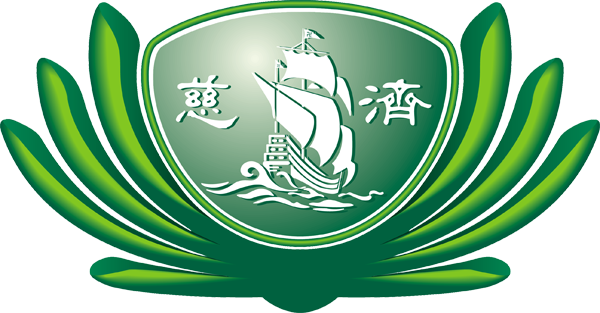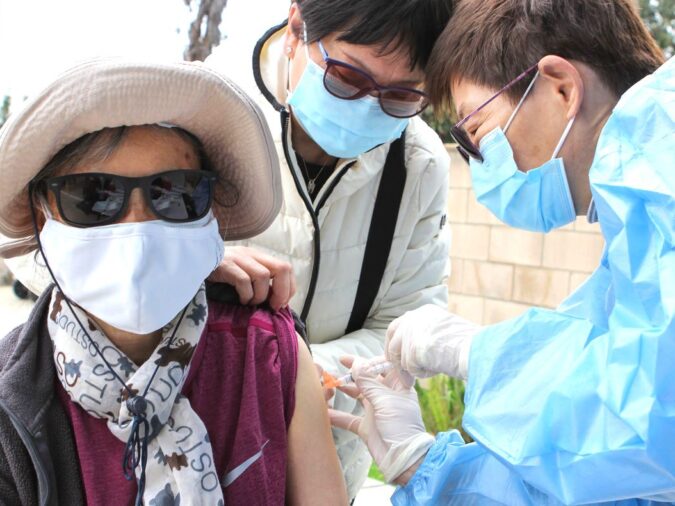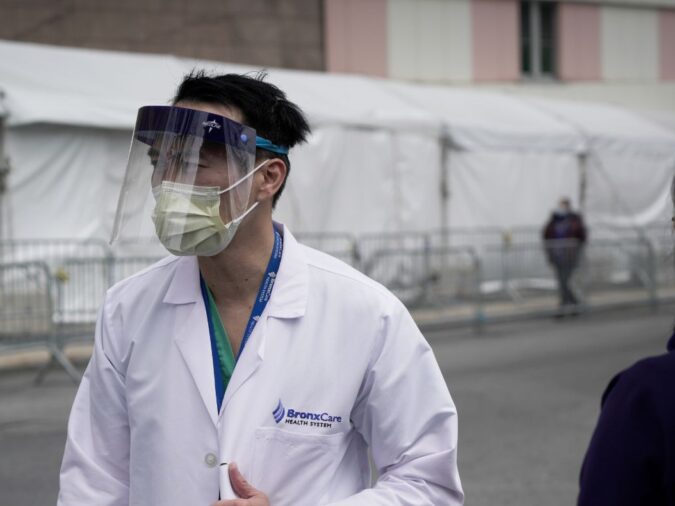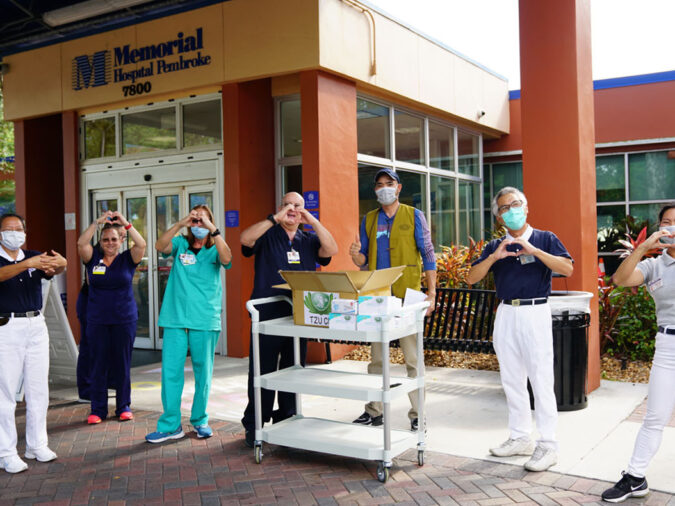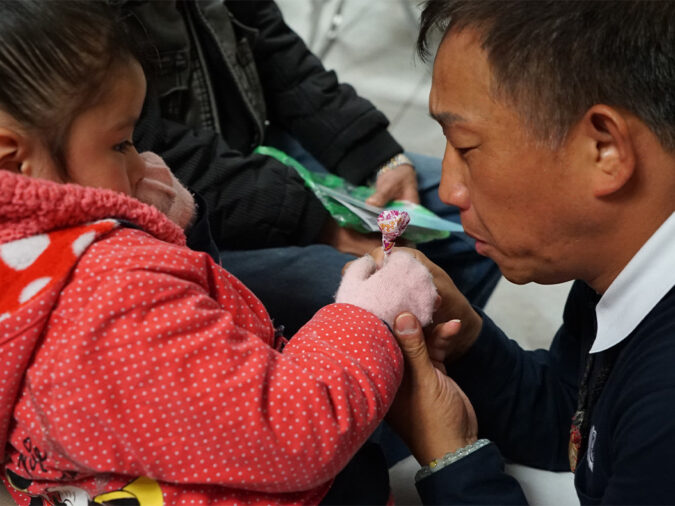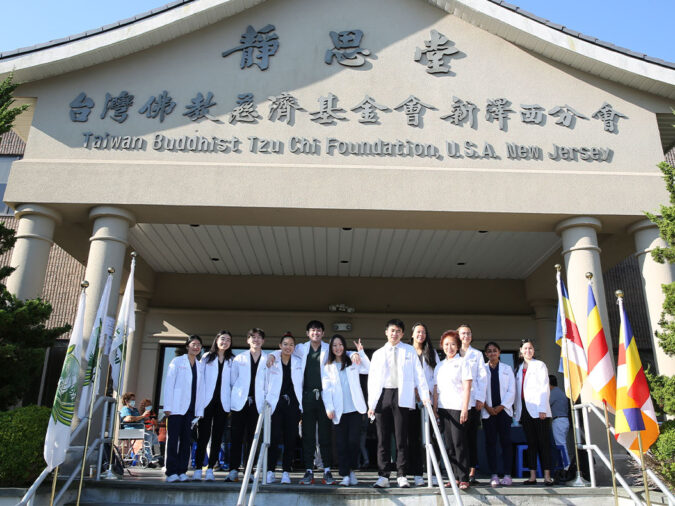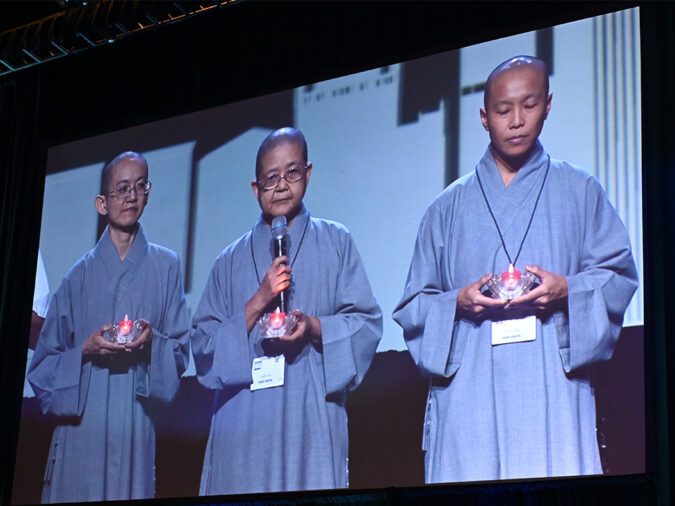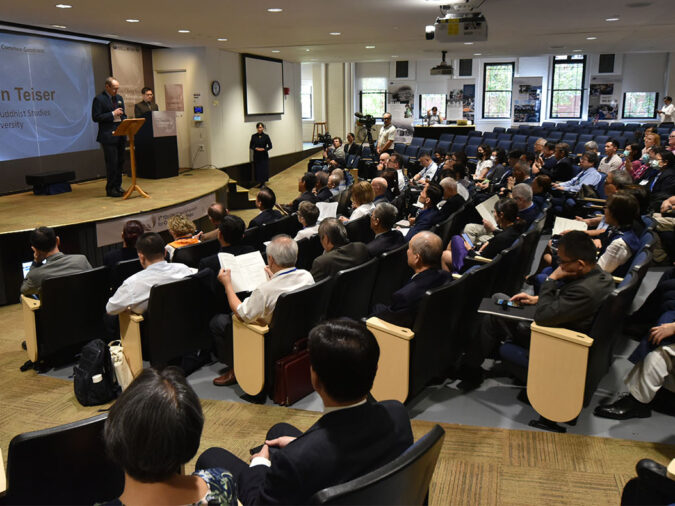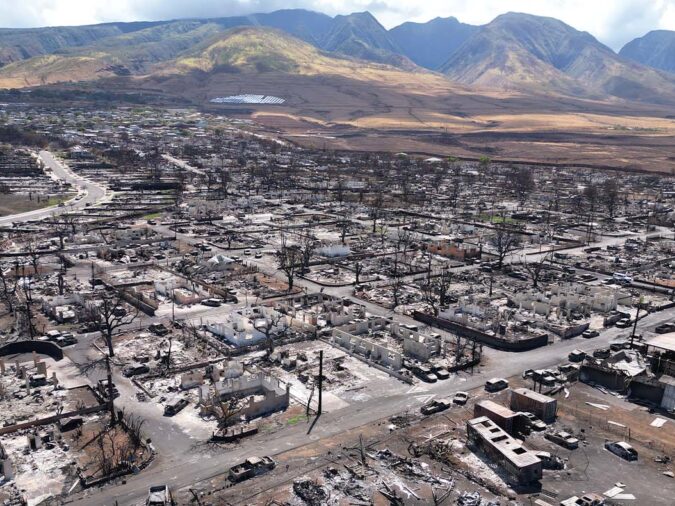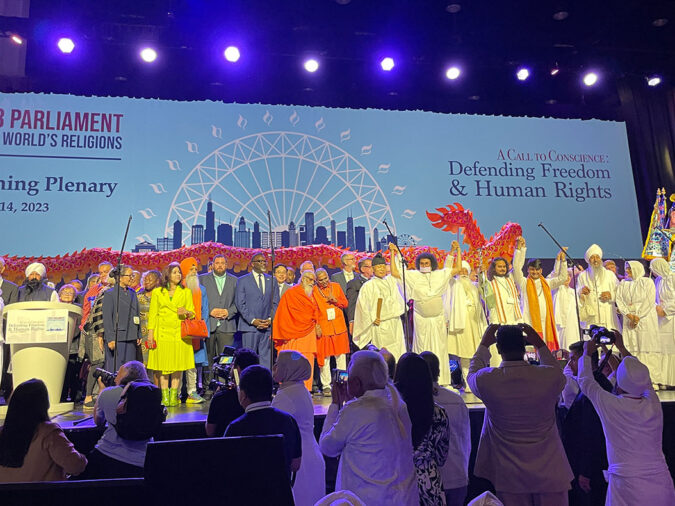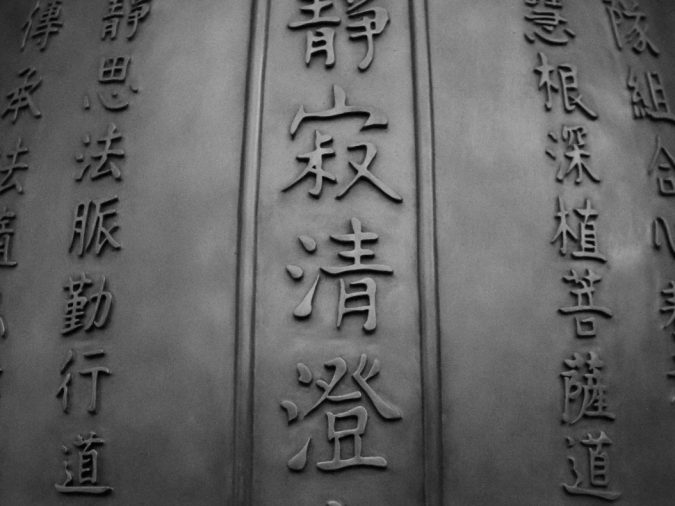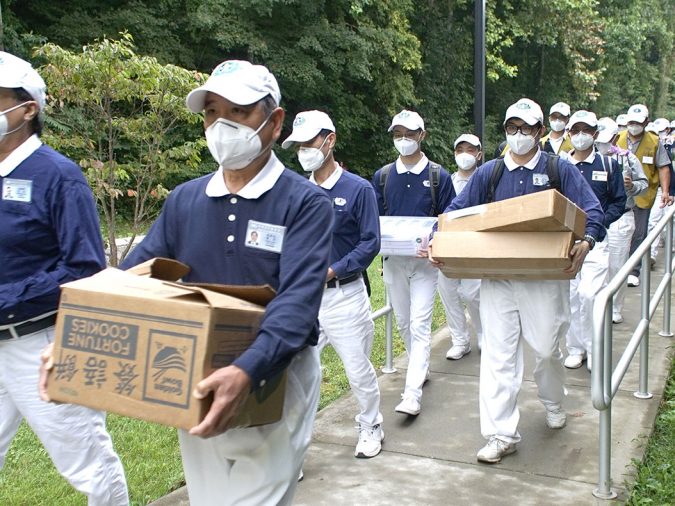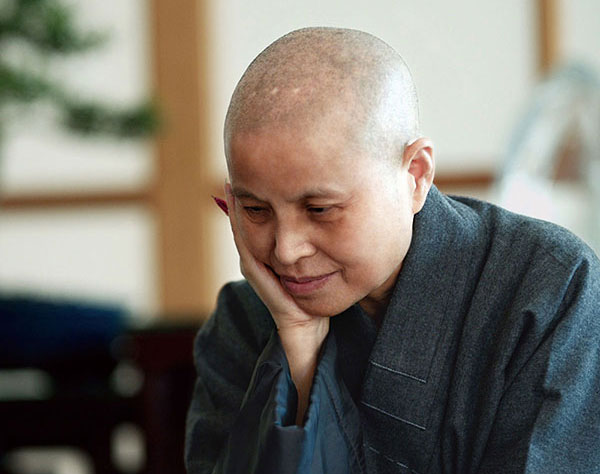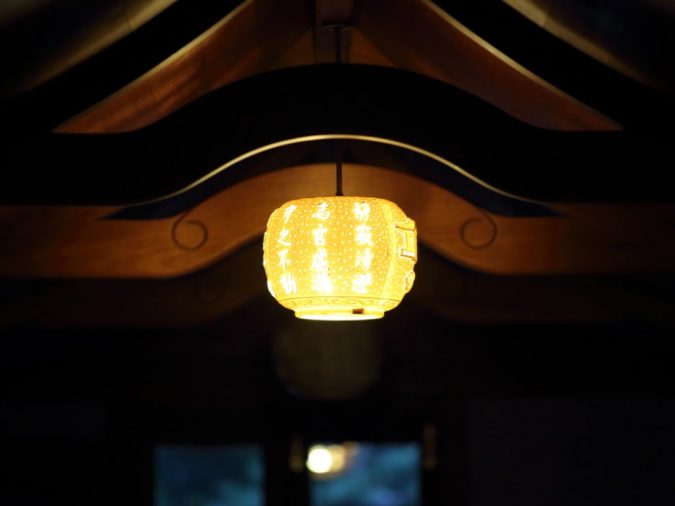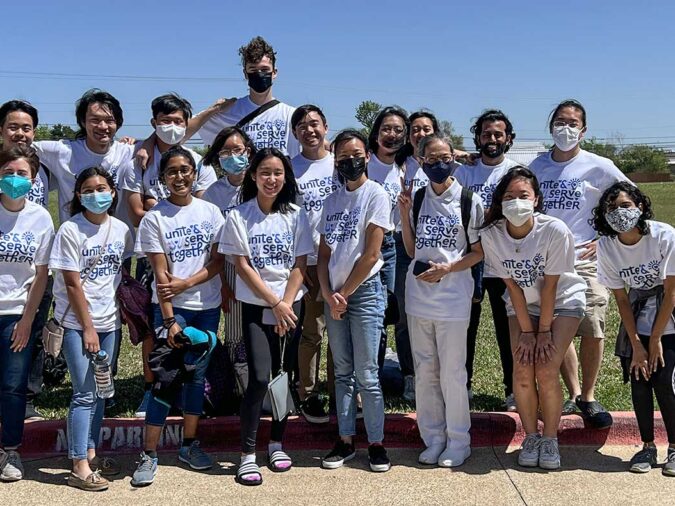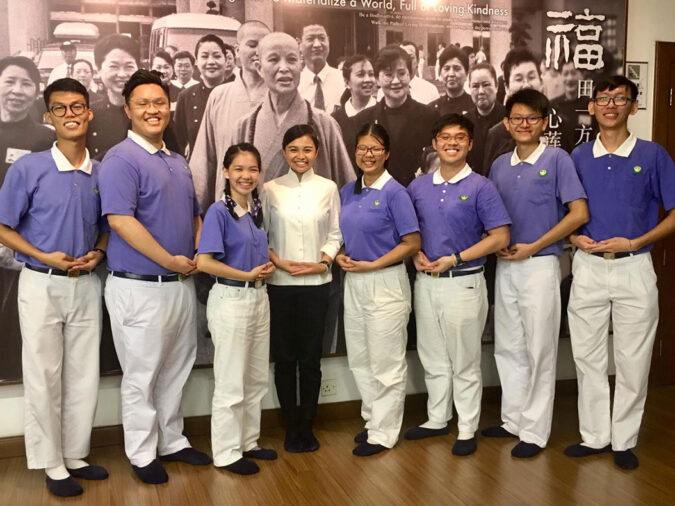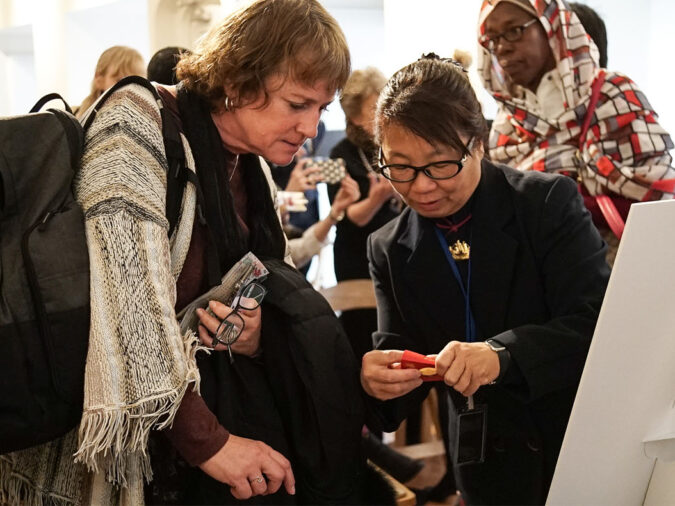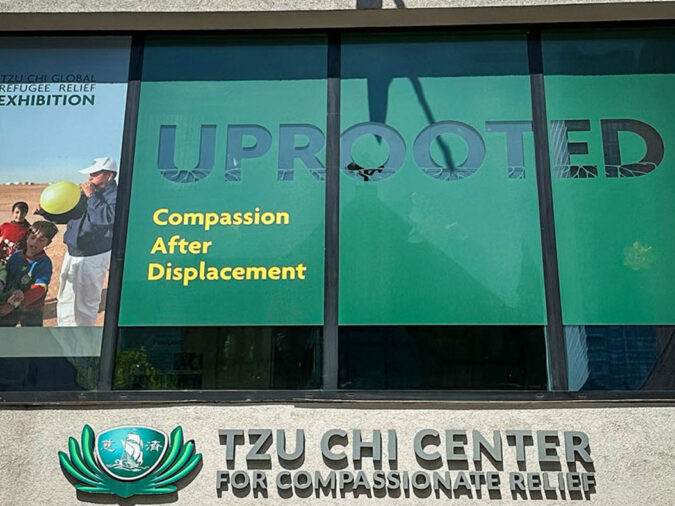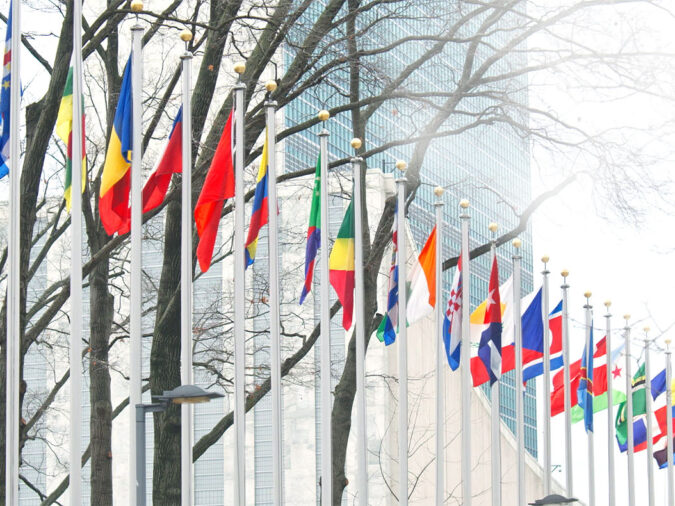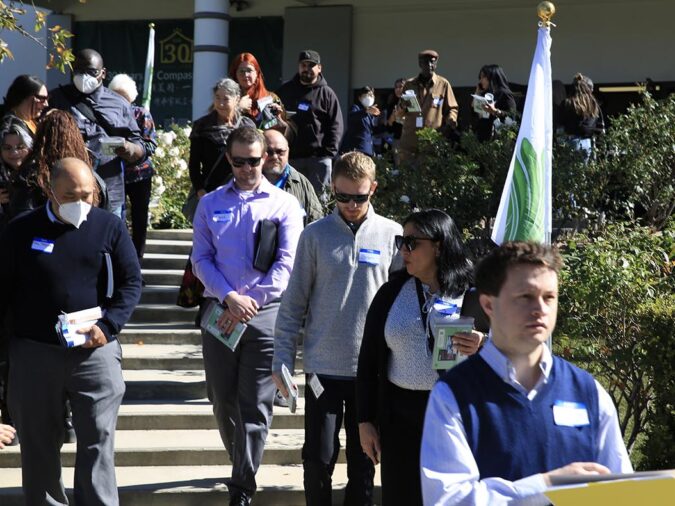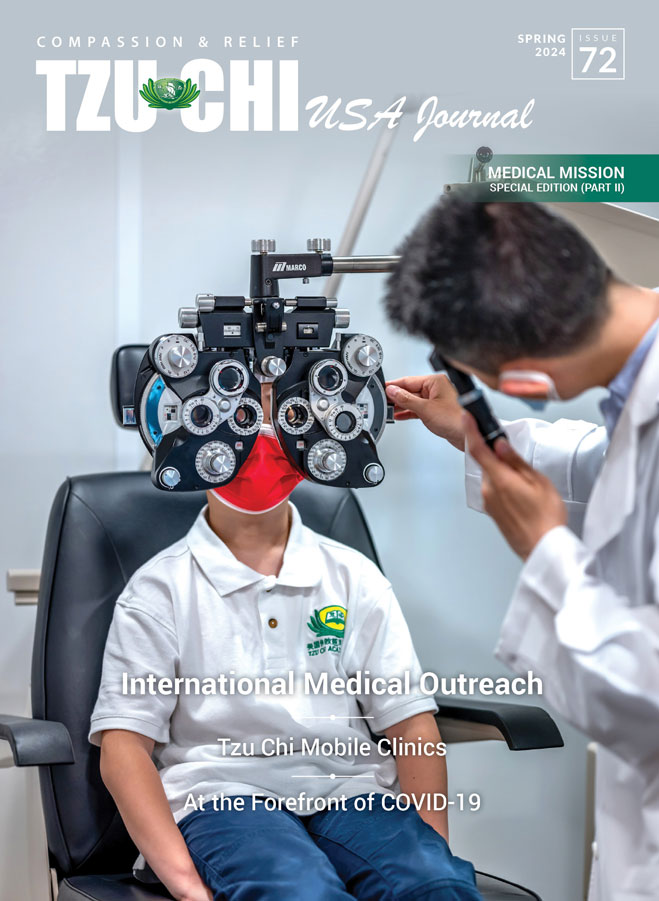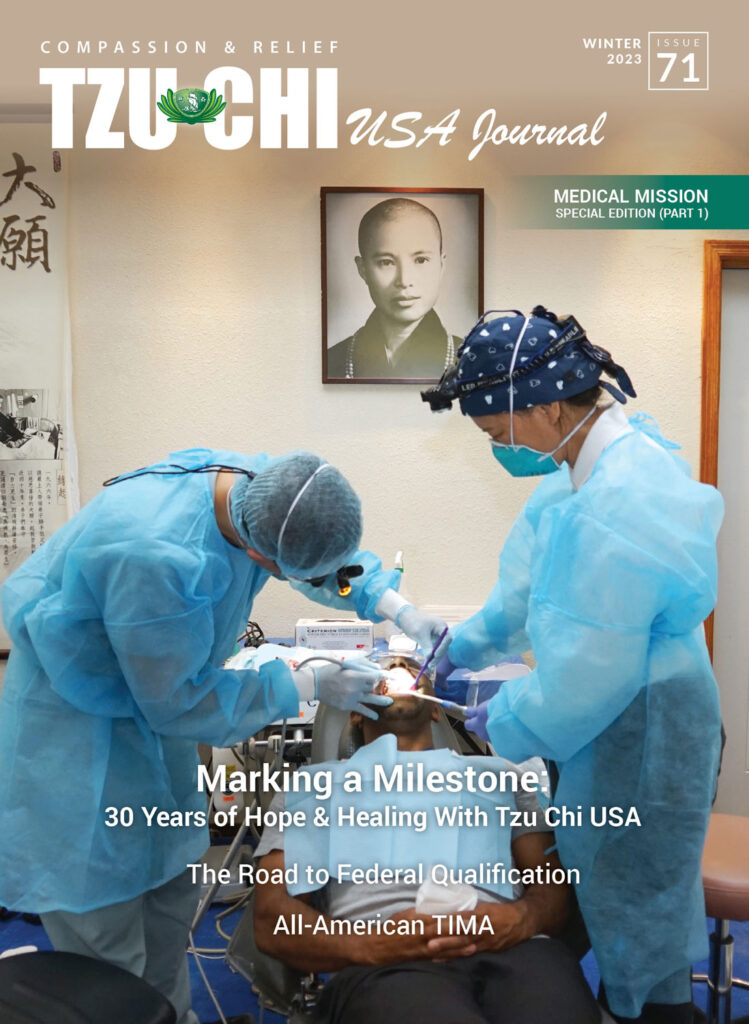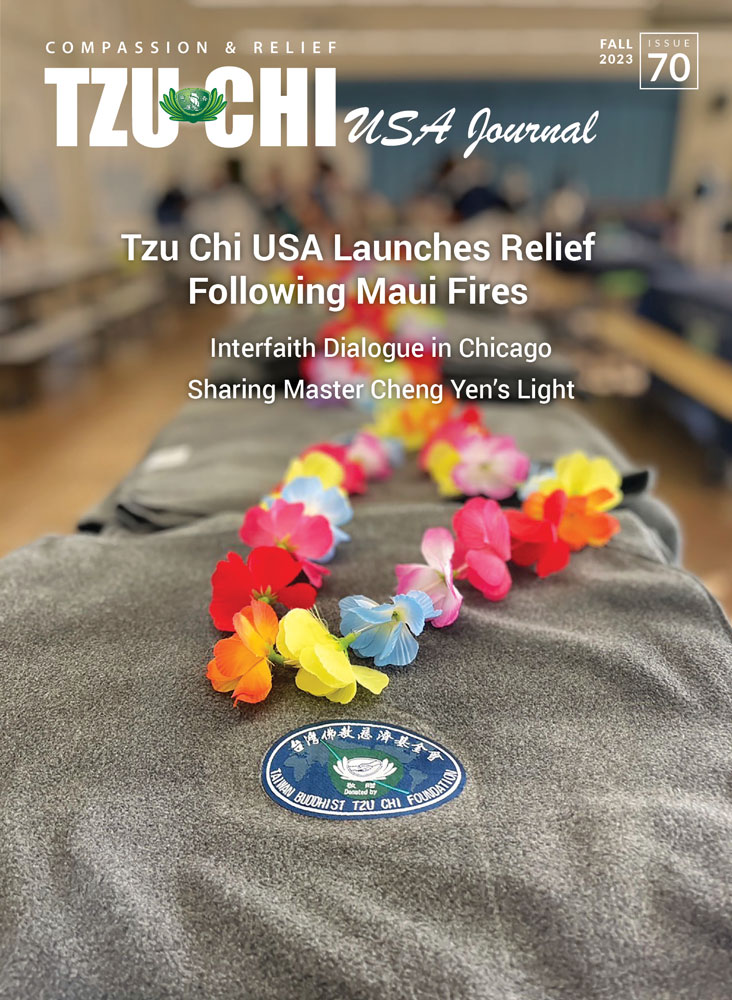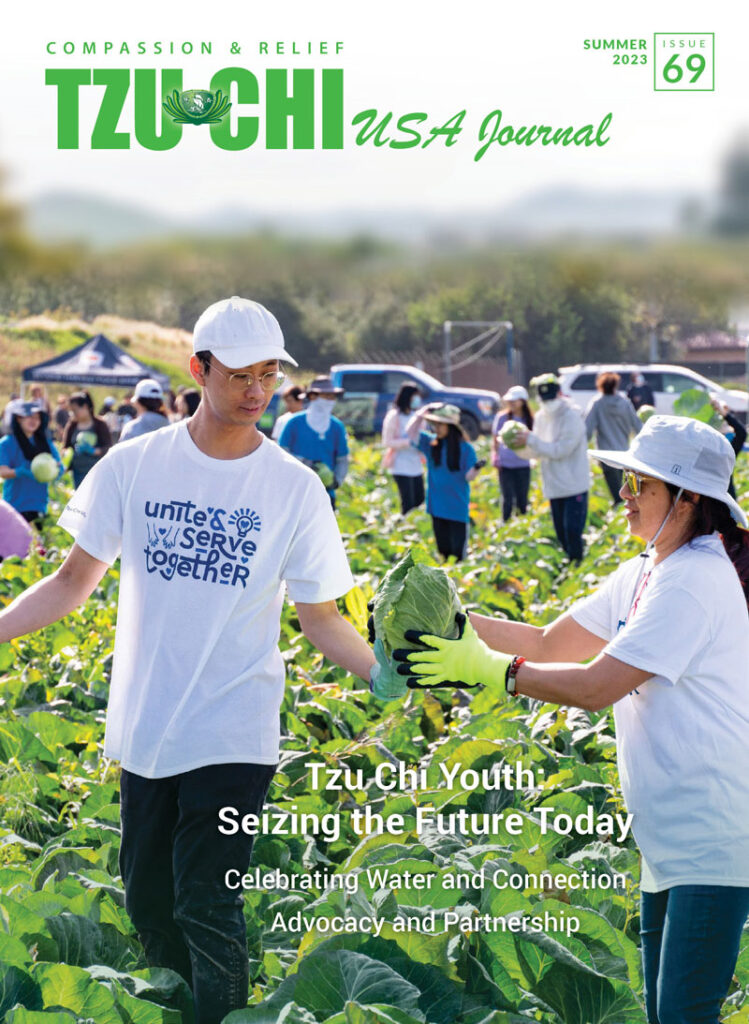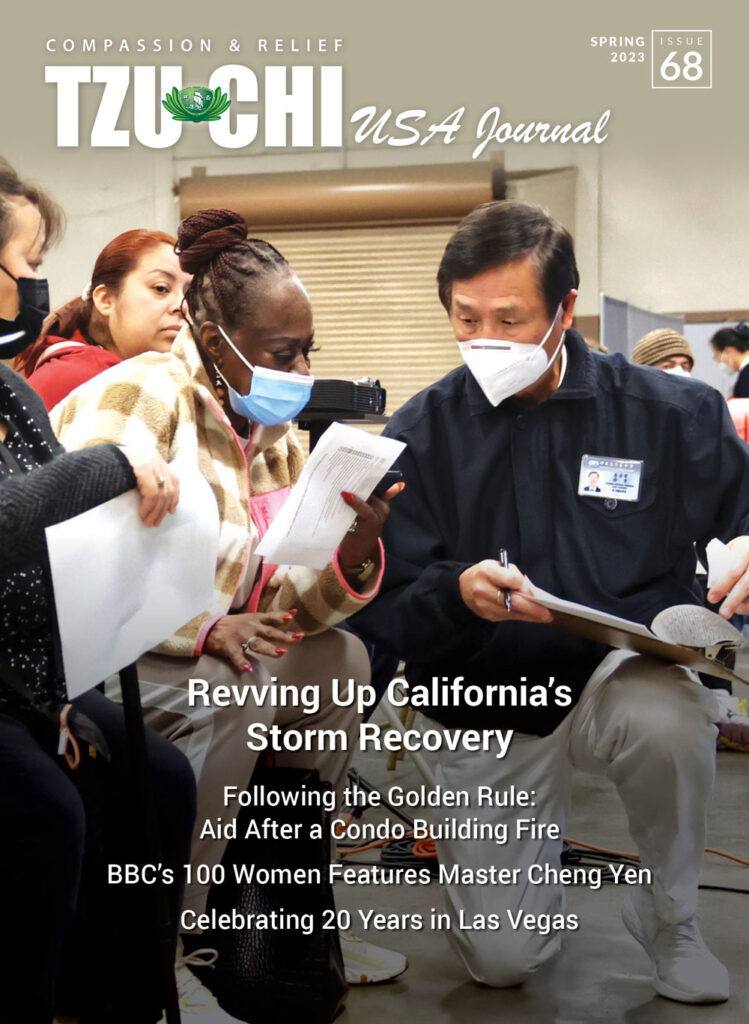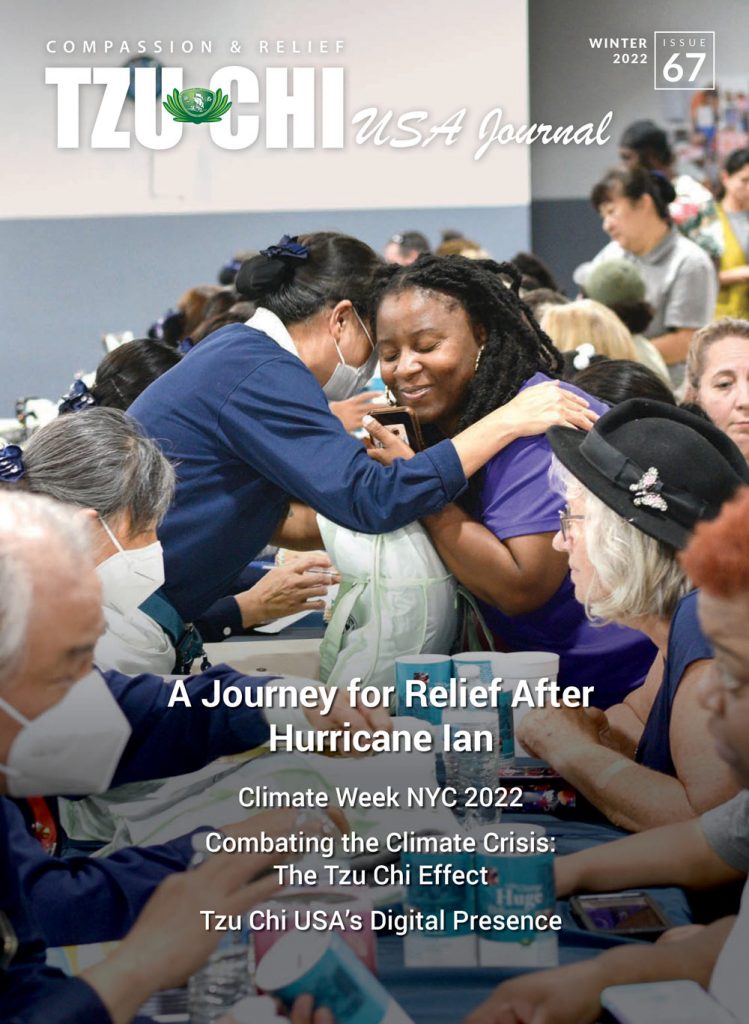CHAPTER 6
At the Forefront of COVID-19
An Invisible Threat Emerges
Interviews by Tzu Chi USA Humanistic Culture Volunteers
Written by Dilber Shatursun and Pheel Wang,
with contributors Patrick McShane and Sophie X. Song
Published #72 | Spring 2024 Issue
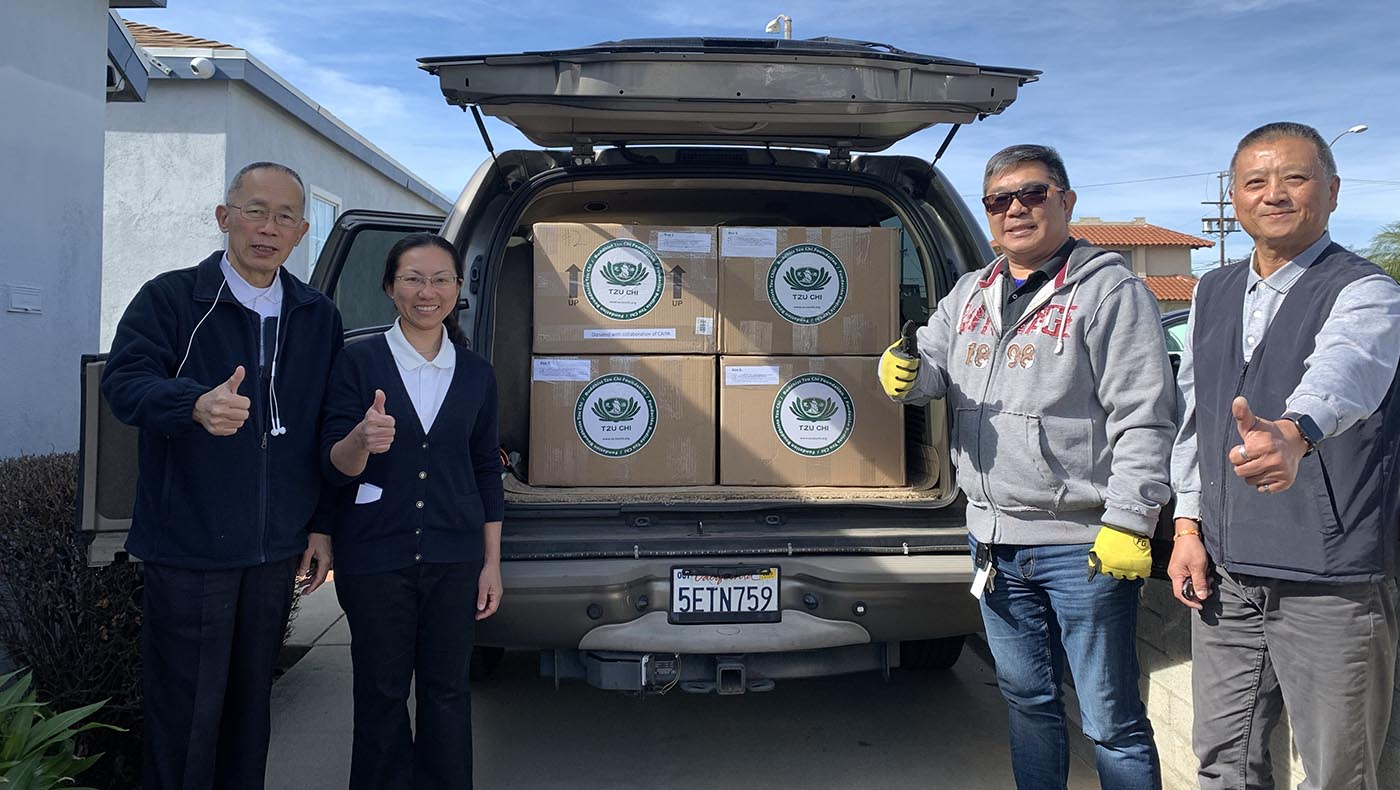
Tzu Chi volunteers and good Samaritans like Troy Kung (second right) prepare supplies for direct air cargo to China. Photo/Mary Keh
SHARE
As early as January 2020, Tzu Chi USA, under the direction of then-Chief Executive Officer Jackson Chen, began raising funds for SARS-CoV-2 relief across China, where the virus had first been identified. At the time, efforts included the sourcing and shipment of personal protective equipment, or PPE, including masks, N95 respirators, and antiviral coveralls to be sent to medical institutions abroad. A small group of Tzu Chi Medical Foundation volunteers, led by then-Chief Executive Officer Dr. William Keh, helped pack the materials at the then-Tzu Chi Community Clinic (now Health Center) in Alhambra, California, and send off the materials via air cargo from LAX, the Los Angeles International Airport.
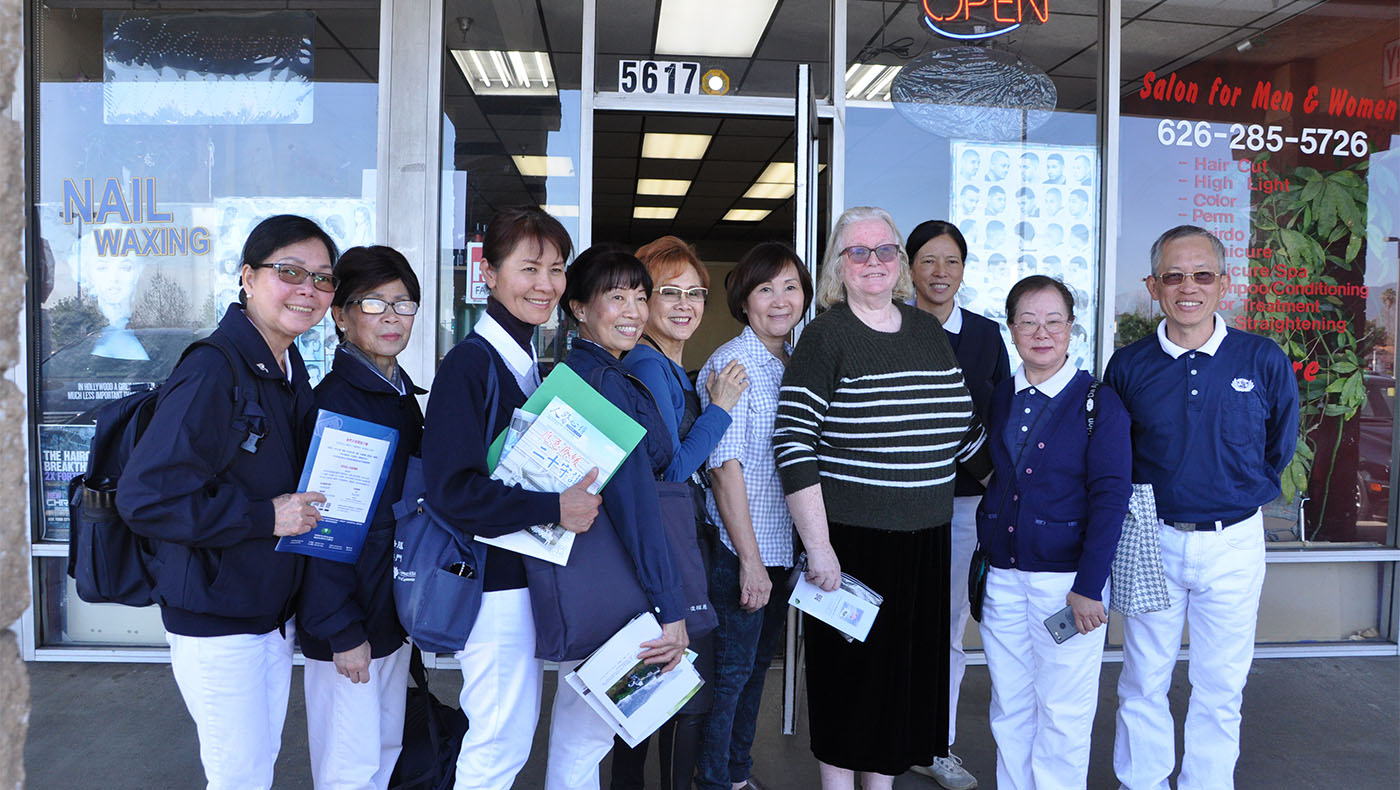
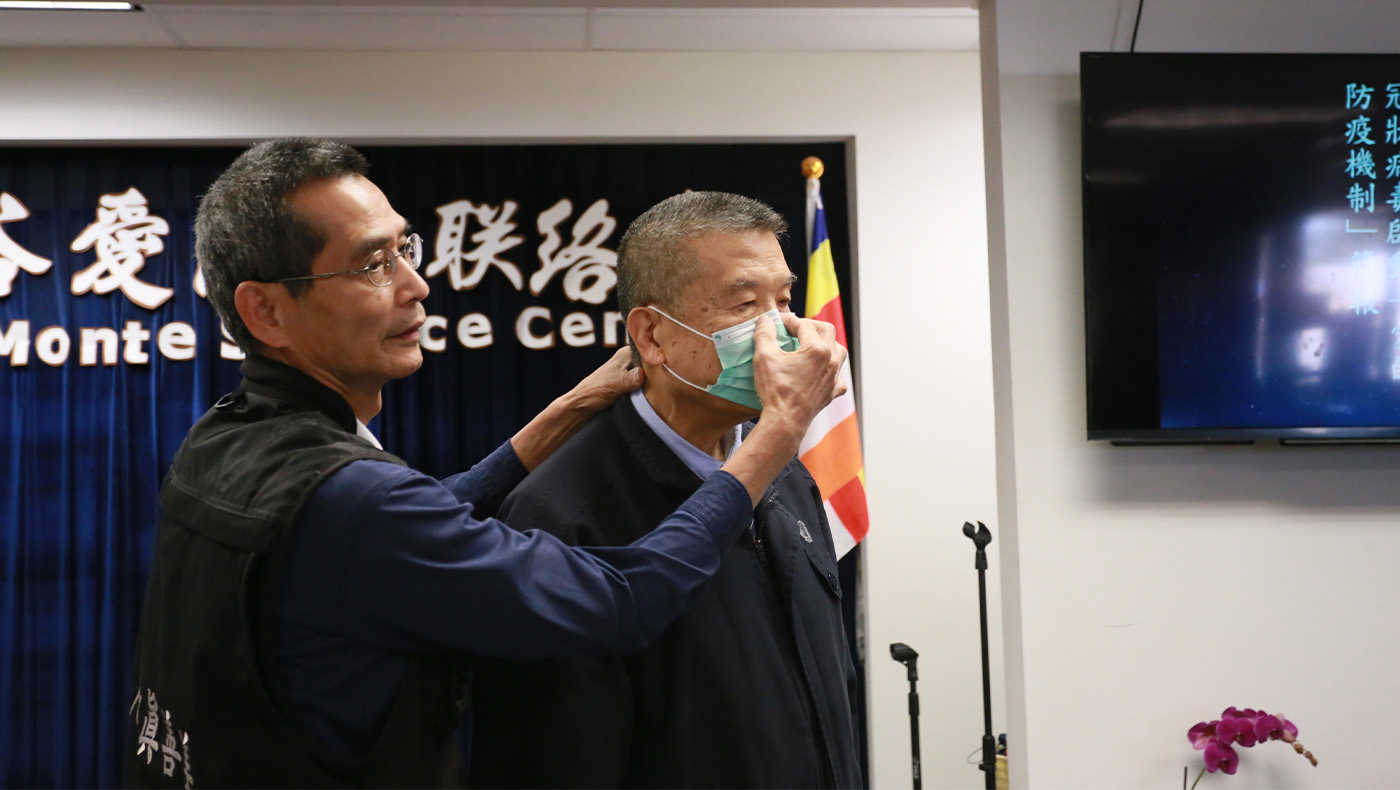
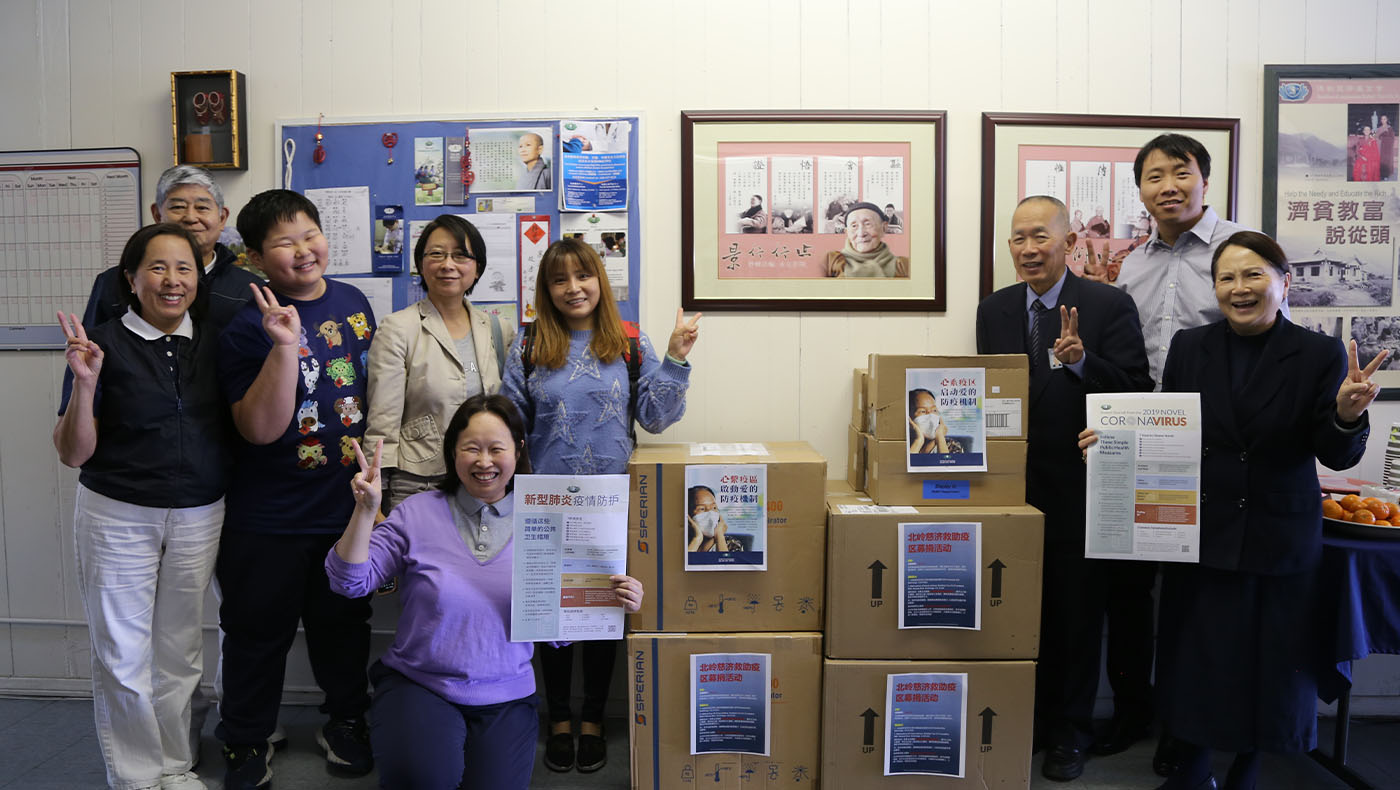
While the first reported case was confirmed by the Centers for Disease Control (CDC) on January 20, 2020, in the State of Washington, the threat level was yet unclear to the general public by February. Still, anticipating outbreaks and valuing the importance of preventative medicine, volunteers across both Tzu Chi Medical and Tzu Chi USA began raising awareness, including among small business owners, and at Lunar New Year celebrations hosted by Tzu Chi offices across the country. They also published articles online about the rising epidemic and possible ways to prevent its spread, despite yet unclear information on transmission.
Though it was still news fodder for many Americans, including infections on the Diamond Princess cruise ship off the coast of Japan, COVID-19’s rise was so rapid that by March 13, former President Donald Trump officially declared a national emergency. Within days, states like California and New York ordered the closure of schools and non-essential businesses. On March 17, Tzu Chi USA published its regional response and course of action, which included the immediate suspension of all medical programs via its medical mission taking place across the country.
Tzu Chi Medical, however, was far from the only healthcare provider to press pause to figure out how to navigate the current situation; the larger healthcare system also faced disruptions. State to state, routine medical appointments, surgeries, and even essential treatments were often postponed or canceled. Transport restrictions and fear of exposure to the virus deterred many from seeking medical attention, even when necessary. As case rates and hospitalizations gained traction, healthcare facilities large and small, including hospitals, clinics, and nursing homes faced trials that few had anticipated.
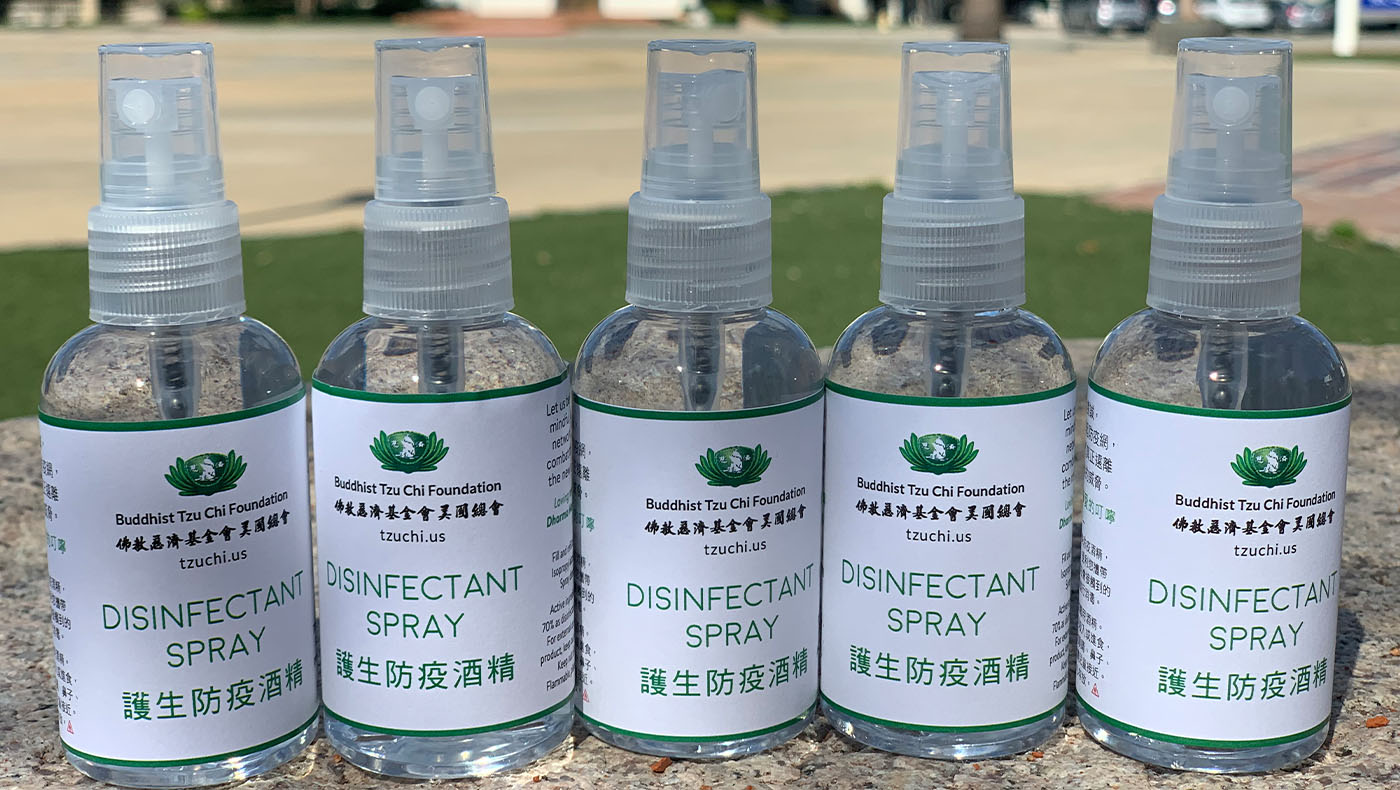
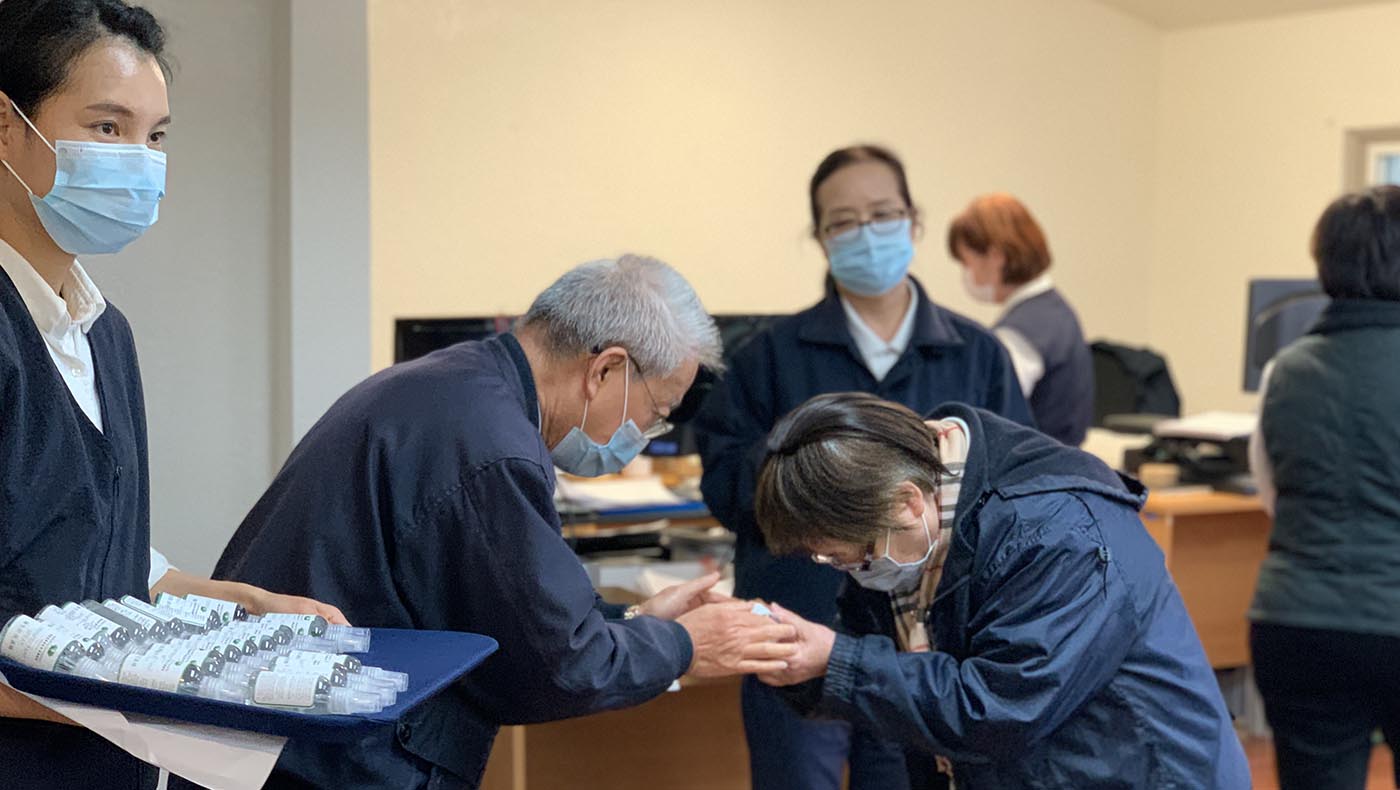
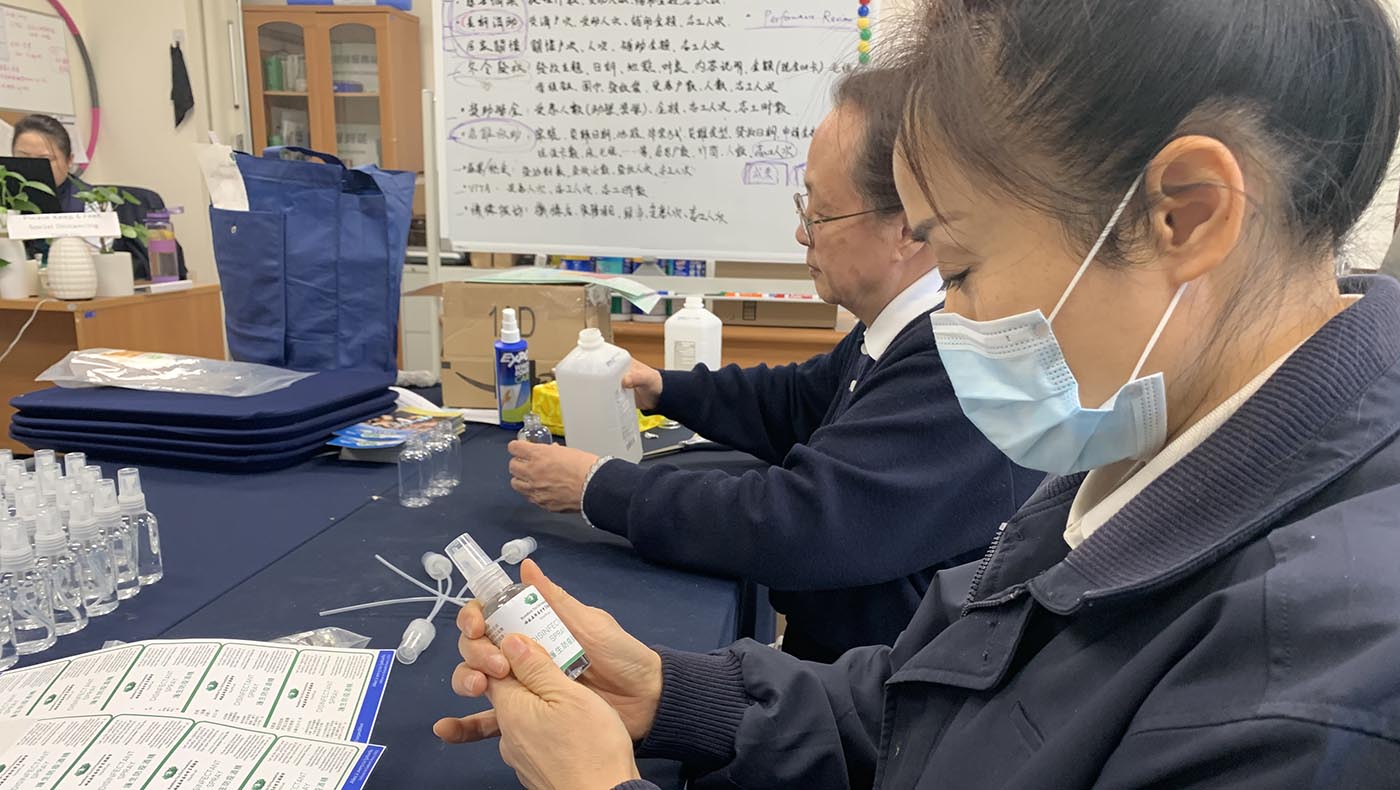
But, leadership at Tzu Chi was already on the move. Concerned for the welfare of staff, volunteers, and their families, the then-Deputy Chief Executive Officer Dr. Han Huang led an effort to create a batch of disinfectant sprays to distribute internally. Sourcing isopropyl alcohol in bulk, affixing labels, and dividing the contents into individual spray bottles, Tzu Chi volunteers and their families could have a handheld yet practical tool to help them prevent contracting the virus from everyday surfaces. With a humble bow, both Dr. Huang and CEO Chen personally distributed these bottles to staff in a modest gesture that came at a time like no other.
Ordinary items like toilet paper flew off the shelves everywhere. Once readily available PPE, like N95 respirators, became a sought-after resource, inducing nationwide shortages. In addition to heightened demand, disruptions to supply chains left frontline healthcare workers (as well as other ‘essential workers,’ like janitors and cleaning staff, sanitation workers, bus and delivery drivers, grocery store workers, and many more) vulnerable at a time when their roles were most critical. Indeed: By March 31st, the White House announced that anywhere between 100,000 to 240,000 deaths are anticipated in the United States, despite preventative measures including social distancing.
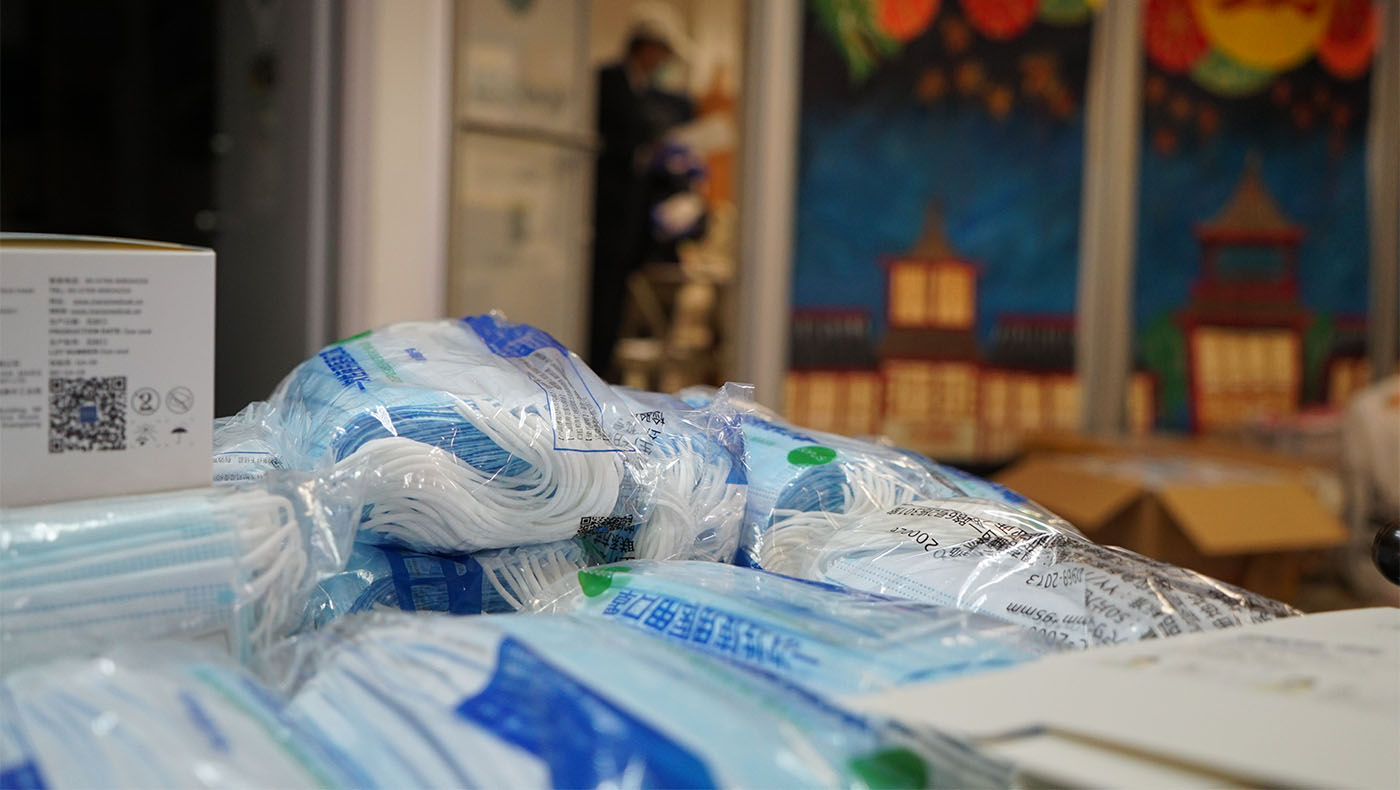
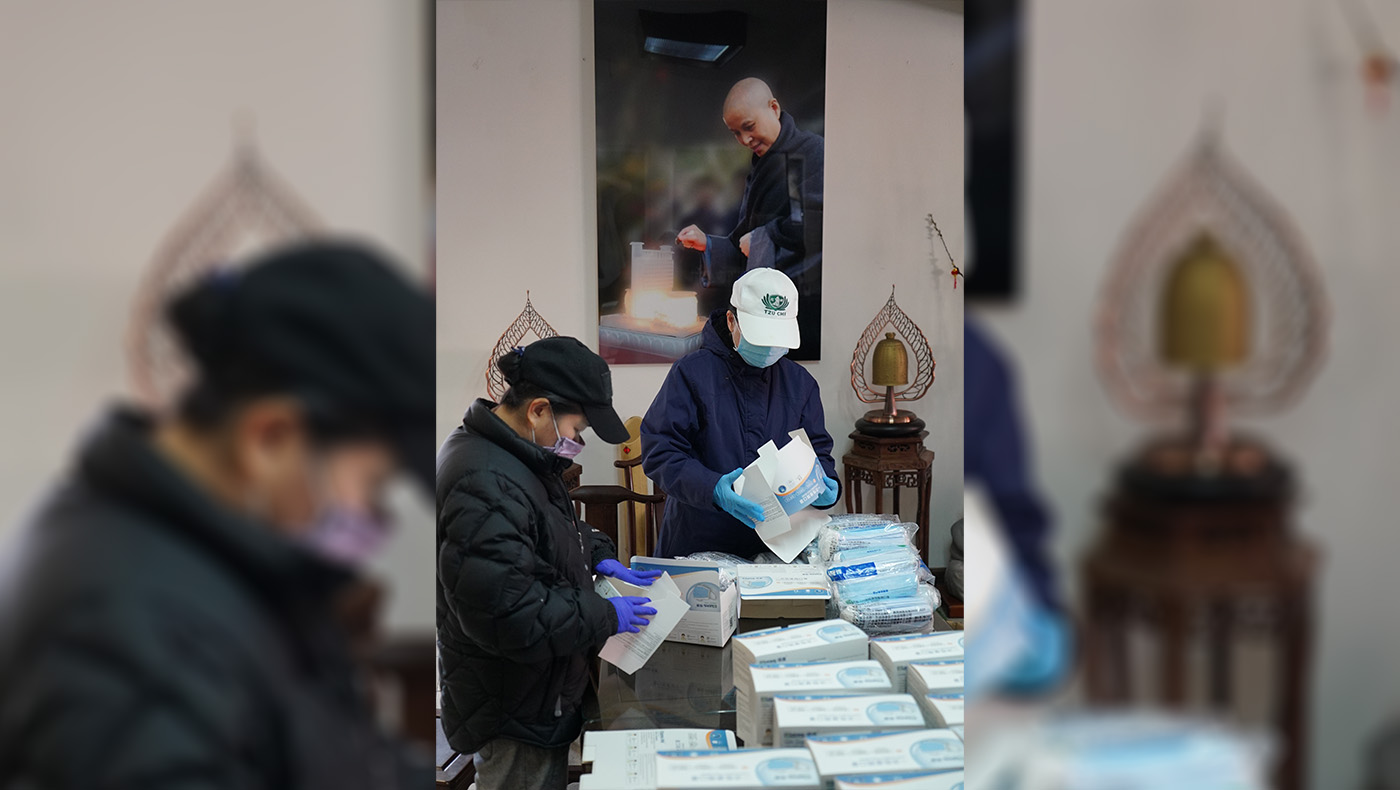
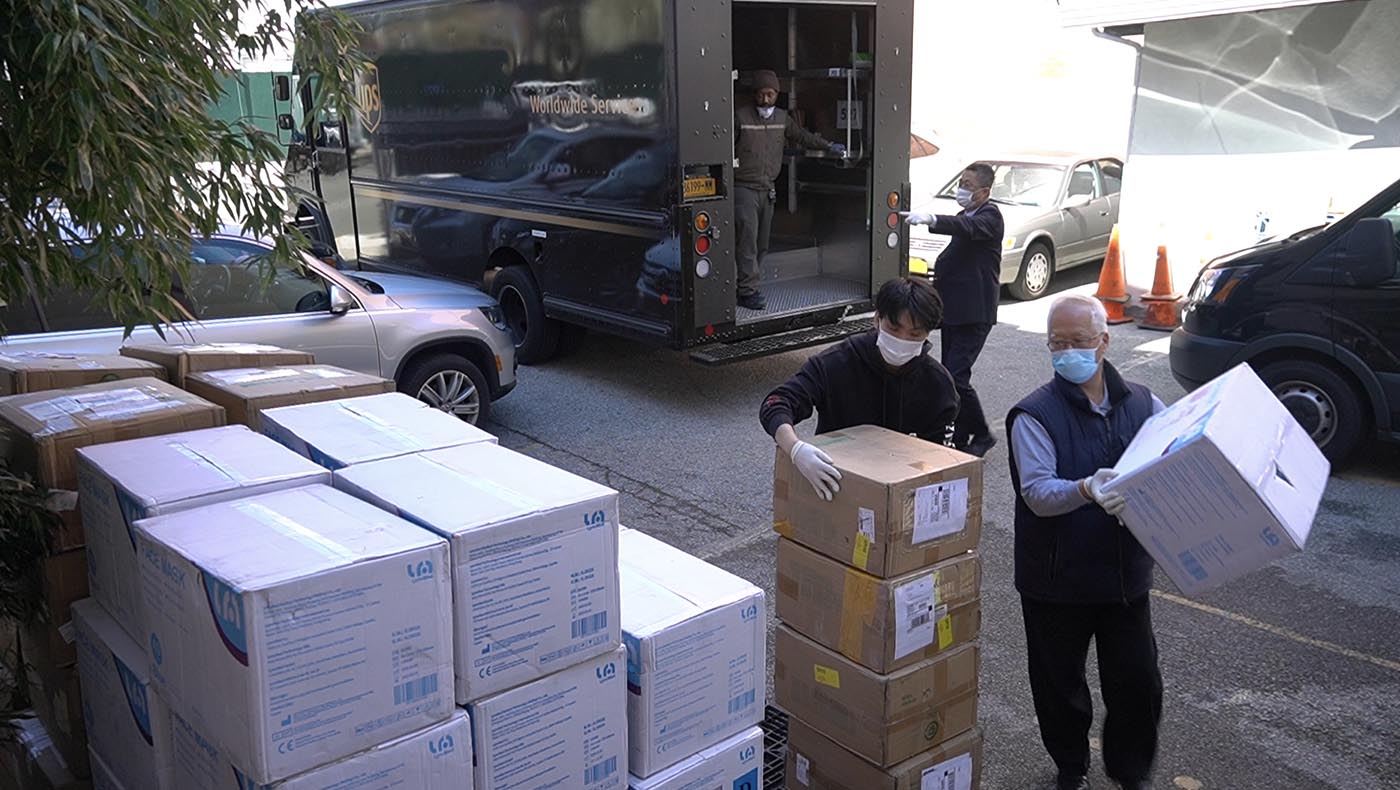
Suddenly grappling with an influx of patients, especially older adults, those with underlying conditions, and other immunocompromised patients – and with limited protocols for such a large-scale outbreak – healthcare workers were forced to improvise and adapt swiftly. Long and arduous shifts, witnessing patients’ isolation and death, all while managing the constant risk of contracting the virus on the job, took both a physical and mental toll on healthcare workers nationwide. This was particularly prominent in New York City, where a long wave of spring deaths not only gripped the nation, but the hearts of Tzu Chi volunteers.
Their role had become clear: Just as they had for China’s impacted provinces, Tzu Chi USA would launch a new fundraiser, Flatten the Curve. Firstly, Tzu Chi aimed to procure all kinds of PPE – including N95 respirators (plus alternatives such as KN95s and FFP2s), surgical masks, oxygen tanks, disinfectant, antiviral coveralls, gloves, hand sanitizer, face shields, goggles, air purifiers, to name a few – and either deliver them to healthcare and other facilities or arrange for pickup. Tzu Chi New York volunteer and Tzu Chi International Medical Association (TIMA) New York Deputy Director Dr. Kenneth Liao clarified Tzu Chi volunteers’ role in providing support to frontline healthcare workers:
We are not first-responders, but we are second responders, trying to safeguard the life [of the people] who are working so hard and risking their own lives: The doctors, nurses, and healthcare professionals.
Secondly, the fundraiser would address the pandemic’s economic impacts. At the time, Tzu Chi USA CEO Jackson Chen expressed great concern for those who suddenly found themselves struggling financially. On top of non-essential workers being mandated to stay home, many also grappled with the great emotional and financial implications of losing a breadwinner to COVID-19. So, in addition to helping on the PPE front, the fundraiser would also help ensure Tzu Chi volunteers could provide free, quality groceries for households in need. While some groceries would be delivered to home-bound seniors, volunteers devised most distributions in outdoor formats, including via drive-thru to reduce the risk of infection. Regarding the gravity of it all, Chen remarked that “it’s foreseeable that after the pandemic comes to an end, there will be many families living under abnormal conditions.” In this way, Tzu Chi could provide holistic care to address all aspects of wellbeing.
